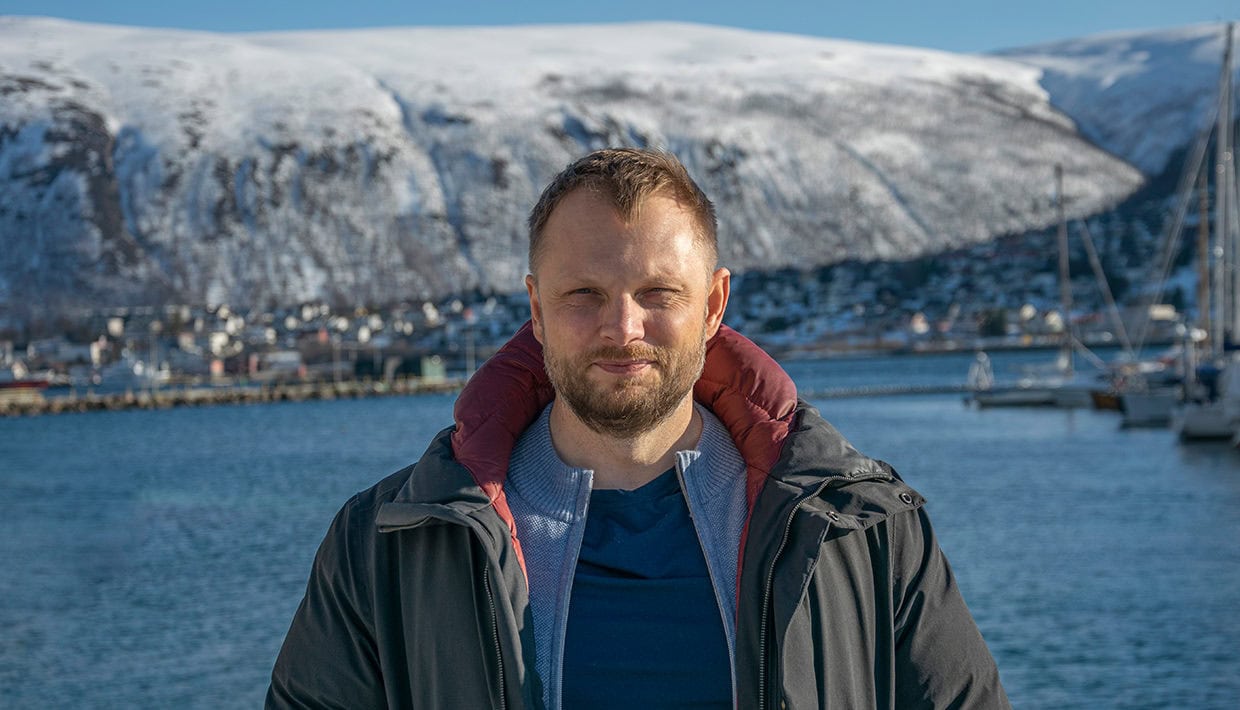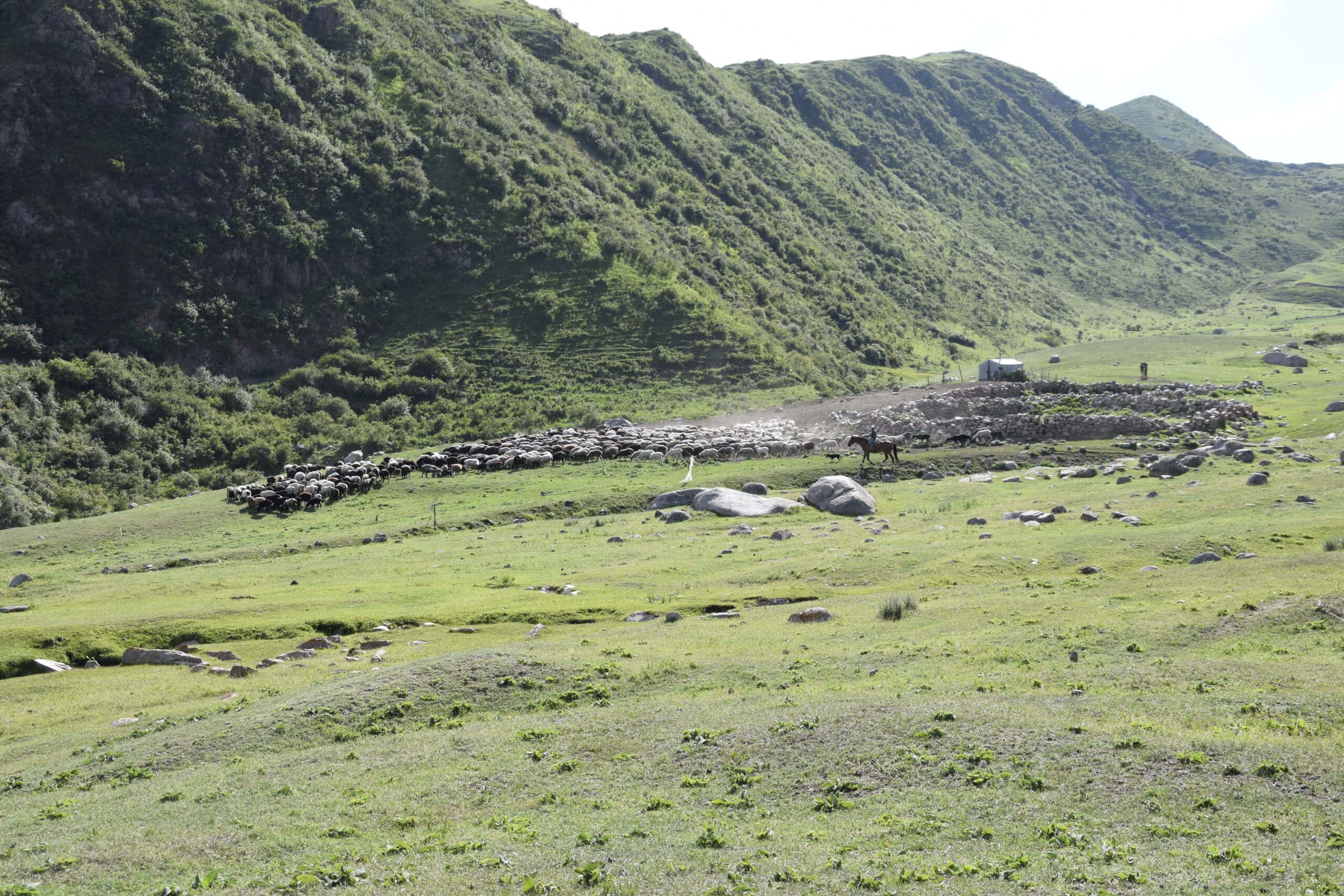
ERC funding for NIKU project on nomadic pastoral cooperation
Marius Warg Næss from NIKU’s High North Departement at The Fram Centre has received funding from the European research council as one of nine Norwegian researchers. The next five years, he will study how political complexity can evolve from small-scale cooperative groups in nomadic pastoral societies.
How can small nomadic groups be building blocks in empires and complex political systems? This is the topic that NIKU researcher and anthropologist Marius Warg Næss will be working on for the next five years.
This week he received notice from the European research council that the project «From small-scale cooperative herding groups to nomadic empires – a cross-cultural approach» (Complexity) has been granted an ERC Consolidator Grant.
“ERC represents a unique opportunity for me as a researcher to build a team working on ideas and theories I find interesting”, says Warg Næss. “Unlike many other areas, ERC is truly bottom-up, and has few limitations except that the research must be groundbreaking”.
The ERC Consolidator Grant
The European Research Council (ERC) Consolicator Grant is aimed at researchers who wants to consolidate their independence by establishing a research team and continuing to develop a success career in Europe.
Builds on research on Sami reindeer husbandry and Tibetan pastoralism
Warg Næss has done extensive work on pastoralism as a topic. An important starting point for Complexity is his previous research on Sami reindeer husbandry and Tibetan pastoralism.
“Ever since I did fieldwork in Tibet in the year 2000 as a part of my master’s degree, cooperative groups have been an interest of mine. I observed that most households herd livestock in small, kin-based groups,” says Warg Næss.
He quickly discovered a lack of cross-cultural investigation on pastoral cooperation.
“These groups represent a way of adjusting where daily collaboration is vital. At the same time, they have proved capable of creating empires such as the Mongolian Empire, that to this day still is the largest land-based empire that has existed.”
In the research project HIERARCHIES Warg Næss did comparative investigations on cooperation among Tibetan and Sami herders.
“One of the most interesting finds from this project was hos these groups, despite differences in history and political systems, have similar ways of collaborating.”
“Both herders in Norway and Tibet preferred to collaborate with members of the same herding groups. One of the questions in Complexity is whether this is the case in other nomadic groups today?”


High-status project
Complexity is one out of 313 projects that have received an ERC Consolidator Grant out of 2652 applicants from all over Europe. Nine of these projects are Norwegian. The eight other recipients are universities, and The Norwegian Institute for Cultural Heritage Research is the only Norwegian research institute.
“This is the first time NIKU is granted an EU project of this size. We are obviously proud of Marius Warg Næss that has created such a bold and big project on behalf of the institute” says NIKU director, Kristin Bakken.
“A cooperative study of pastoral societies is maybe not what first comes to mind when speaking of cultural heritage. But for us it makes perfect sense that the High North Department, that has worked on indigenous intangible cultural heritage and Sami reindeer husbandry”.
The funding is approx. 20 million Norwegian kroner (1,9 million euros). This will fund not only Warg Næss’ work, but also 2 postdoctoral positions and 2 PhDs.
“This is great news for all of NIKU”, Bakken says.

